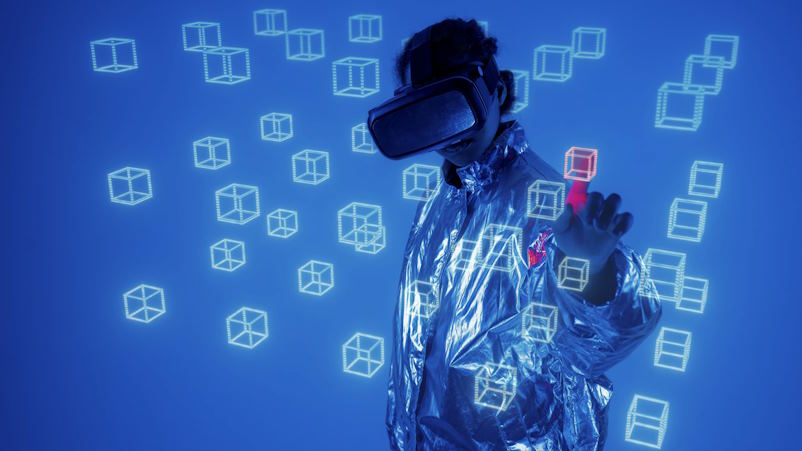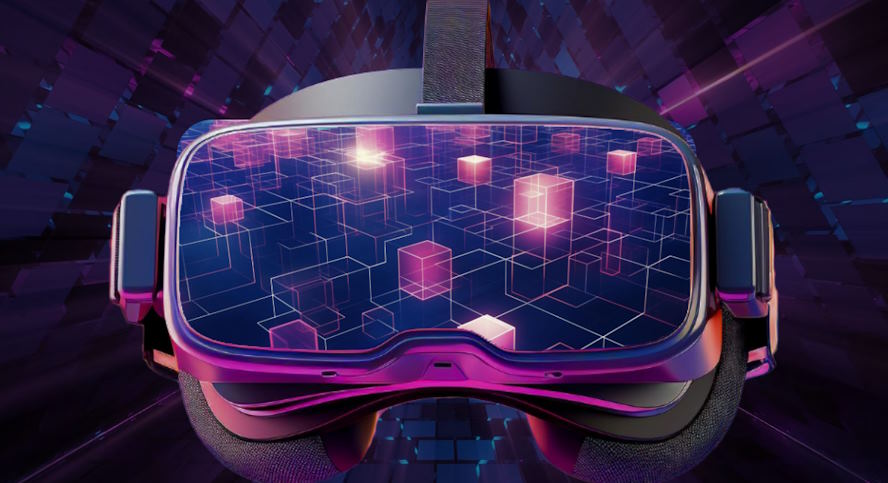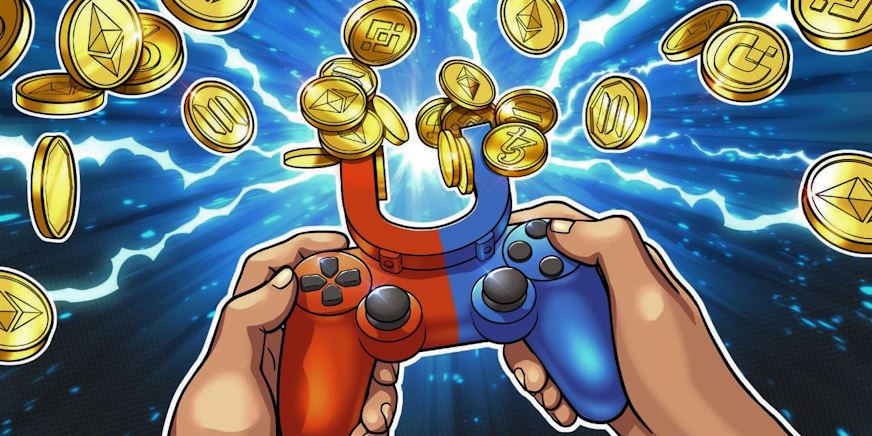Amidst the pixels and avatars, a fascinating phenomenon has taken center stage – the advent of play-to-earn games and the flourishing virtual economies they spawn.
The Metaverse Landscape
The metaverse is a diverse ecosystem comprising various virtual worlds and platforms, each offering unique experiences to its users. Among these, Decentraland, Roblox, Axie Infinity, and Sandbox stand out as pioneers in creating immersive digital environments. Decentraland, built on blockchain technology, allows users to buy, sell, and develop parcels of virtual land, creating a decentralized virtual universe. Roblox, a platform that gained immense popularity among younger audiences, empowers users to create and share games, contributing to a vast library of user-generated content. Axie Infinity, a blockchain-based game, takes the concept of play-to-earn to new heights by allowing players to breed, collect, and battle fantasy creatures for real-world rewards. Sandbox, another virtual world, enables users to build, own, and monetize their gaming experiences on the blockchain.

Play-to-Earn Games
Play-to-earn games represent a groundbreaking shift in the gaming industry, turning digital entertainment into a means of generating tangible income. At the core of this concept is the ownership of in-game assets on blockchain, granting players true digital ownership. Lost Relics, an action-adventure RPG, allows players to discover valuable in-game items that can be traded for real-world value. These games leverage blockchain technology, tokenization, and decentralized finance (DeFi) to enable players to earn and trade digital assets securely and transparently.
Virtual Economies
The evolution of virtual economies within the metaverse is transforming digital assets into valuable commodities with real-world implications. In-game items, characters, and virtual real estate now hold economic value beyond the confines of the virtual world. This has given rise to new job opportunities and income streams, as players can monetize their skills and time invested in these digital realms. The economic impact extends beyond individual players, influencing market dynamics and creating a thriving ecosystem of virtual commerce. However, challenges and risks such as regulatory concerns and market volatility accompany this digital economic frontier, necessitating a careful examination of the risks and rewards.

The Role of Blockchain Technology
Smart contracts, powered by blockchain, facilitate the seamless execution of transactions and agreements within virtual economies. The integration of decentralized finance (DeFi) protocols enables players to engage in lending, borrowing, and earning interest on their digital assets. Interoperability between different virtual worlds and platforms is enhanced through blockchain, allowing users to transfer assets seamlessly across the metaverse.
Opportunities and Challenges
The advent of play-to-earn games and virtual economies brings forth unprecedented opportunities for economic empowerment. Players can now earn a living by engaging in activities they enjoy within the metaverse. However, regulatory concerns and legal frameworks must catch up with the rapid evolution of these digital economies to ensure fair and secure participation. Technological hurdles, such as scalability issues, also need addressing to accommodate the growing user base and ensure a smooth and inclusive experience for all participants.


